It was a stroke of genius to invite Glenda Jackson to make her return to acting as the star of Radio 4’s massive new series of dramas, Blood, Sex and Money, based on the novels of Émile Zola. Jackson plays Dide, the matriarch of the Rougon-Macquart families from Plassans in the depths of southern France. And she’s absolutely brilliant. Her voice is so distinctive, yet at the same time utterly ordinary, so it doesn’t stick out demanding attention but rather draws you in, like a spider weaving its web. Her timing, too, is pitch-perfect, each word given just the right weight for its meaning to be clear, whether making sinister predictions or laughing over another child’s comeuppance.
Dide participates as her own character, the mother and grandmother (sometimes great-grandmother) of this unruly brood of cheats, drunkards, idealists and social climbers. But she’s also the narrator of what is an incredibly complex storyline, not helped by the fact that each drama focuses on a different member of the family, often living in a different timeframe. Dide keeps them all together. The dialogue is surprisingly (sometimes offputtingly) modern for an adaptation (by a team of writers including Dan Rebellato and Oliver Emanuel) of novels that are set in the post-Napoleonic period as France struggled to find its new destiny. But throughout Jackson convinces us of her actuality. She’s as real to us as if she were living now, and she’s completely terrifying.
Dide was married (to Rougon) but also had a lover (Macquart) with both of whom she had children (played, also convincingly, by Robert Lindsay, Fenella Woolgar, Ian Hart, Sam Troughton, Graeme Hawley among others). The children fight, swindle each other, support opposing parties in the battle between republicans and imperialists. Nothing is stronger than blood but it can also be spilled rather too easily. ‘Nothing wrong with a bit of blood,’ says Dide, mercilessly. ‘Blood makes things happen. Blood is a good fertiliser.’
In the novels Zola wanted to create a complete portrait of French society, fascinated by the impact of social and political change but also by new understandings of heredity. On this evidence, he’s like a cross between Dickens and Orwell. ‘I am mother to a pack of wolves, thieves and murderers, whores and politicans,’ says Dide. ‘They may look like gentlemen and ladies but I tell you plainly they are nothing but wolves…’ It was difficult not to suspect that the utter conviction with which Jackson spoke these lines came from her years at the heart of power in Westminster.
Meanwhile Radio 3 is attempting to help us through the dire onset of early December gloom by launching a mammoth series of its own. The Northern Lights season, which runs until the end of the year, taking over dramas, features, music strands and Composer of the Week, celebrates the landscapes of those countries which lie north of 60 degrees latitude, and the music, art, poetry and novels inspired by heather, larch, serpentine and sea. The season begins on Saturday and on Sunday rebroadcasts a classic radio programme made in 1967 by the pianist Glenn Gould for the Canadian Broadcasting Corporation.
An anthropologist, a sociologist, a civil servant, a nurse and a surveyor are on the train from Winnipeg to Churchill. Two days and one night stuck together as the train trundles northwards across 1,015 miles of bleak emptiness. Gould attempts through their conversations to come up with The Idea of North. But as you might expect from the brilliant exponent of Bach’s music, this is no conventional feature taking us simply from A to B. Gould called it ‘a contrapuntal radio documentary’ and for most of the time we hear voices criss-crossing, their ruminations on what North means to them intermingling as the clackety-clack sound of the train rumbles along underneath, reminding us that we are travelling, and that we may not necessarily reach our expected destination.
It’s a long and tedious trip, ‘almost traumatic’, says Gould. ‘The person who makes this trip is going to come up against his own self, not so much his fellow passengers.’ You may have gone North to get away from society but once there, in those tiny isolated communities, you will find yourself far closer to other people than you have ever been. They will know everything about you, and vice versa. It’s impossible to keep anything from them. You’re on a desert island, yet stuck with people whom you have not necessarily chosen. Things unravel.
As does Gould’s documentary, which is not an easy listen. The experimental approach to editing, very Sixties and existentialist, makes it hard to pick out the voices, follow them through, know who’s saying what. One of the travellers complains that he’s ‘not always able to select what I want to hear. I hear what other people inflict on me.’ As do we, as we struggle to make sense of what we are hearing. Intriguing, then, that this was made so long before the clamorous din of the new technologies. How much more do we in 2015 need the North, that opportunity to detach, reflect, isolate and repair?
Got something to add? Join the discussion and comment below.
Get 10 issues for just $10
Subscribe to The Spectator Australia today for the next 10 magazine issues, plus full online access, for just $10.

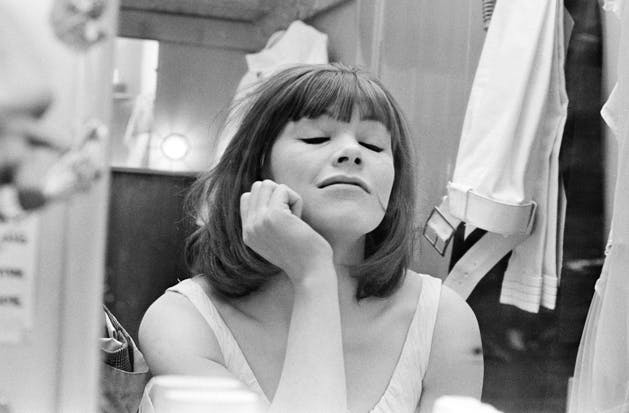

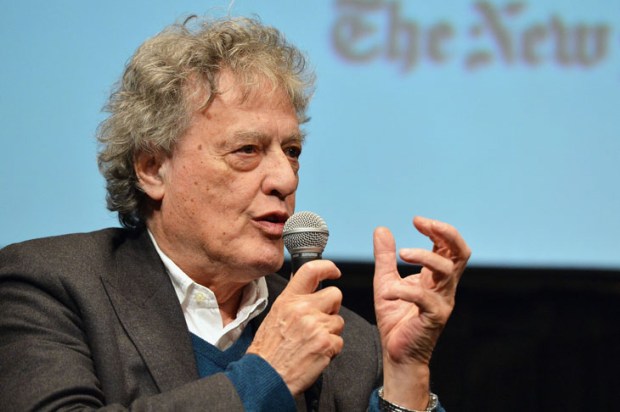
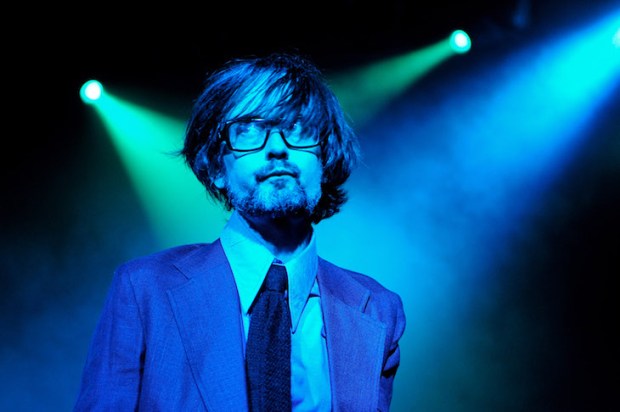
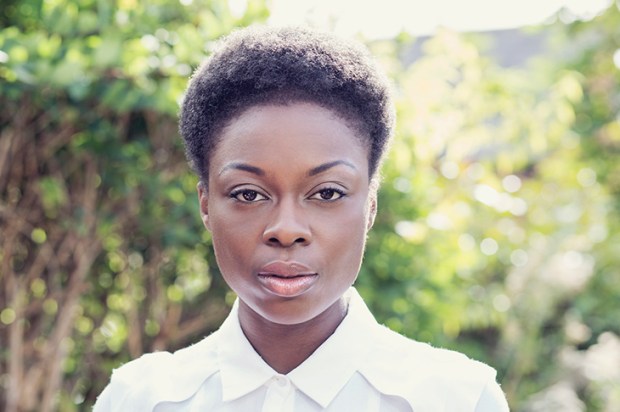
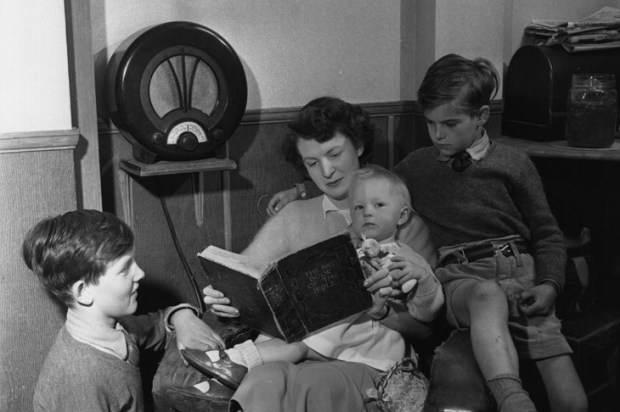
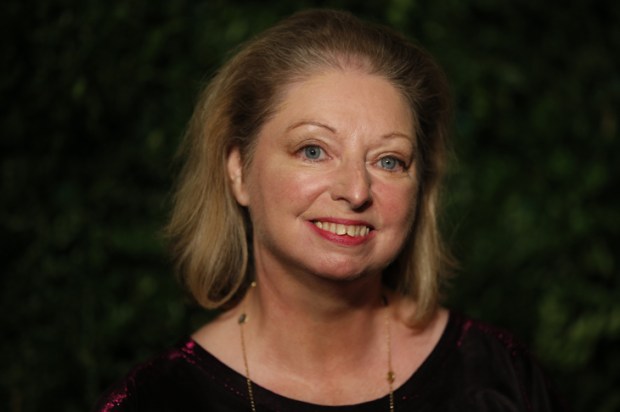






Comments
Don't miss out
Join the conversation with other Spectator Australia readers. Subscribe to leave a comment.
SUBSCRIBEAlready a subscriber? Log in